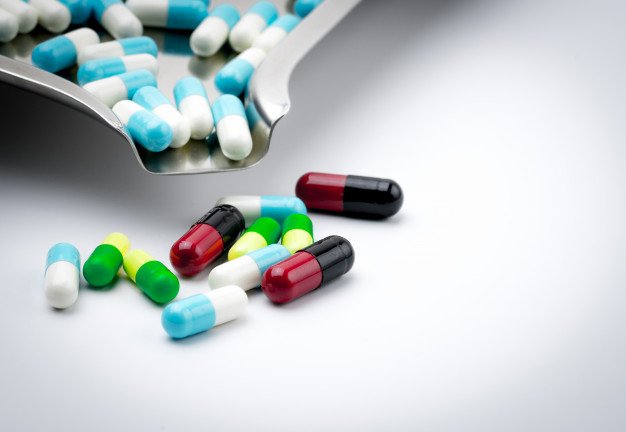
Photo Credit: Freepik
Gilead Sciences announced on Feb 4, 2021, at the 2021 Asian Pacific Association for the Study of the Liver Conference (APASL), findings from two sub-analyses that demonstrated the continued efficacy and improved safety of Vemlidy® (tenofovir alafenamide 25 mg, TAF) compared with tenofovir disoproxil fumarate (TDF) in Asian patients with chronic hepatitis B virus (HBV).
The first sub-analysis in Asia demonstrated that Vemlidy provides durable virologic suppression in HBV and an improved renal and bone safety profile when compared with TDF. The sub-analysis examined the clinical outcomes of East Asian patients who participated in two randomized Phase 3 studies. Of the 1,298 patients with chronic hepatitis B (CHB) in both studies, 591 (45.5%) were East Asian patients, of which 401 received TAF, while 84 received TDF followed by open-label (OL)-TAF for 3 years and 106 received TDF followed by OL-TAF for 2 years.
East Asian CHB patients who received 240 weeks of therapy showed high rates of viral suppression and ALT normalization. HBeAg loss and seroconversion were observed at similar rates in all groups, and HBsAg loss rates were low. Data showed that TAF was well-tolerated across all groups. Over 240 weeks, patients in the TAF group had lower median declines in kidney function as measured by Cockcroft-Gault estimated glomerular filtration rate (eGFRCG) compared with those in the TDF treated groups. Increases in bone mineral density were observed after switching from TDF to TAF, accompanied with a decrease and stabilization in bone turnover markers.
Another sub-analysis was conducted among patients of Asian ethnicity using 96-week clinical data from a randomized Phase 3 study in 488 virologically-suppressed adults with CHB. In this group, 400 (82%) were of Asian ethnicity and received either TAF or TDF treatment for 48 weeks in a double-blind fashion, followed by all patients receiving open-label TAF for an additional 48 weeks. Results showed that in virologically-suppressed patients of Asian ethnicity with CHB on long-term TDF, switching to Vemlidy demonstrated maintenance of a high rate of viral suppression in 94% (n=376) of patients, along with continued high rates of normal ALT and improved markers of renal and bone health.
“These results are extremely encouraging for those seeking HBV treatment options in Asia. Healthcare providers can be confident that Vemlidy is an effective and durable option for people living with HBV who are looking to replace their current regimen,” said Betty Chiang, Vice President of Medical Affairs, International, Gilead Sciences.




